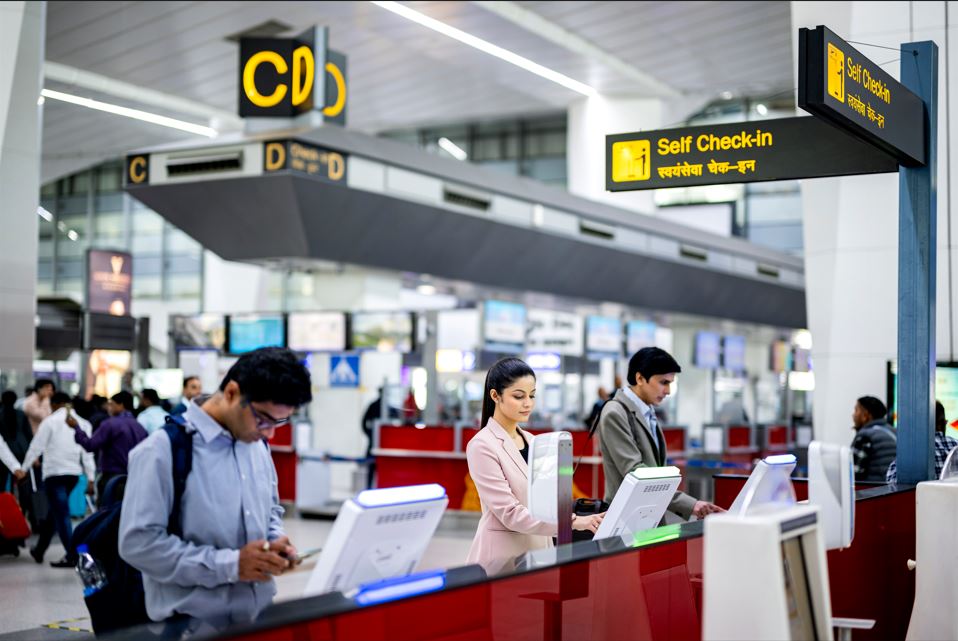
The construction industry stands at a pivotal moment. Traditionally one of the most labor-intensive and resource-heavy sectors, it now faces mounting pressure to enhance efficiency, control costs, and embrace sustainability. In response, companies are turning to cutting-edge technologies—among them, Artificial Intelligence (AI), a tool often hailed as a game-changer. But is AI truly transformative, or is it just another tech trend wrapped in hype?
Far from being a futuristic concept, AI is already reshaping industries worldwide, and construction is no exception. From optimizing project management to improving worker safety and automating design, AI holds the potential to revolutionize how we build and maintain infrastructure. Let’s explore its real-world impact.
Automation has played a role in construction for years, but AI takes it a step further. Rather than simply executing repetitive tasks, AI enables systems to learn, predict, and optimize processes. Whether in planning, execution, or workforce management, AI-driven solutions are enhancing every phase of the construction lifecycle.
Despite its advantages, AI adoption in construction is not without obstacles.
Implementing AI-driven solutions—especially automation and robotics—requires significant investment. Small and mid-sized firms often hesitate due to these high upfront costs.
The construction sector faces a shortage of professionals skilled in AI, machine learning, and data analytics. Upskilling the workforce is essential for widespread AI adoption.
The industry has long relied on traditional methods, and transitioning to AI-driven solutions demands a cultural shift—one that may be slow to materialize.
AI is not just a passing trend—it is actively transforming construction by improving efficiency, reducing risks, and optimizing resources. However, its full potential will only be realized if companies invest in workforce upskilling, embrace data-driven decision-making, and address cost barriers.
While AI won’t replace human expertise, it will augment and enhance how projects are executed. The future of construction isn’t just about building structures; it’s about building smarter, safer, and more sustainable environments.
As the industry evolves, AI will undoubtedly play a crucial role in shaping its future. The real question is not whether AI can revolutionize construction, but how quickly companies are willing to adapt.
As Roy Sebastian, CEO of GEMS, aptly puts it:
“The construction industry has always been about innovation, from the earliest use of reinforced concrete to today’s smart cities. AI represents the next phase of this evolution. Those who embrace it will gain a competitive edge, while those who resist may find themselves struggling to keep up.
The time for AI in construction is now. The question is: how will the industry harness its full potential?”
For those seeking high-quality engineering solutions or expert guidance, feel free to reach out to us at Rohitkumar.Singh@gmrgroup.in or call +91 97171 99753
If you need any services, drop us a mail at Rohitkumar.Singh@gmrgroup.in or get in touch with us at +919717199753.